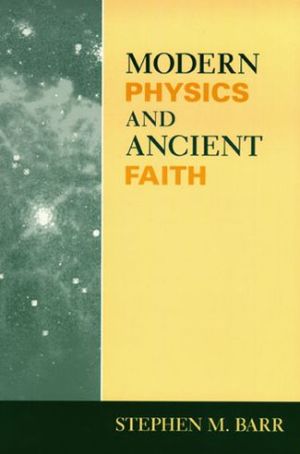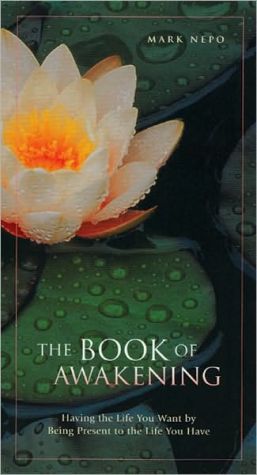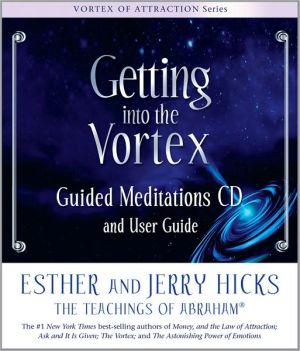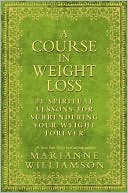Modern Physics and Ancient Faith
A considerable amount of public debate and media print has been devoted to the “war between science and religion.” In his accessible and eminently readable new book, Stephen M. Barr demonstrates that what is really at war with religion is not science itself, but a philosophy called scientific materialism. Modern Physics and Ancient Faith argues that the great discoveries of modern physics are more compatible with the central teachings of Christianity and Judaism about God, the cosmos, and the...
Search in google:
A considerable amount of public debate and media print has been devoted to the "war between science and religion." In his accessible and eminently readable new book, Stephen M. Barr demonstrates that what is really at war with religion is not science itself, but a philosophy called scientific materialism. Modern Physics and Ancient Faith argues that the great discoveries of modern physics are more compatible with the central teachings of Christianity and Judaism about God, the cosmos, and the human soul than with the atheistic viewpoint of scientific materialism. Scientific discoveries from the time of Copernicus to the beginning of the twentieth century have led many thoughtful people to the conclusion that the universe has no cause or purpose, that the human race is an accidental by-product of blind material forces, and that the ultimate reality is matter itself. Barr contends that the revolutionary discoveries of the twentieth century run counter to this line of thought. He uses five of these discoveries -- the Big Bang theory, unified field theories, anthropic coincidences, Godel's Theorem in mathematics, and quantum theory -- to cast serious doubt on the materialist's view of the world and to give greater credence to Judeo-Christian claims about God and the universe. Barr's clear and elegant writing is in the best tradition of science for the non-physicist or non-mathematician and will appeal to anyone interested in science and religion. Library Journal Barr (physics, Univ. of Delaware) provides a well-written and logically argued presentation on the relationship between religion and science, particularly modern physics. Barr's background in theology, apparent in his discussions of Thomas Aquinas, serves him well as he shows that the argument is not between religion and science per se but between religion and scientific materialism, the philosophy that sees as real only what can be measured and observed. Writing in a popular style, Barr makes both modern physics and theology understandable to the lay reader. He believes that a person can accept the Big Bang and other discoveries of modern physics and still believe in a creator God, further arguing that recent discoveries in physics would seem to support Judeo-Christian teachings and not materialism. While not everyone will be convinced by Barr's arguments, he offers a cogent discussion of a very popular topic. A much more scholarly work than Frank J. Tipler's The Physics of Immortality, this is a worthy successor to P.C.W. Davies's God and the New Physics and John D. Barrow and Tipler's The Anthropic Cosmological Principle. Highly recommended for all collections.-Augustine J. Curley, Newark Abbey, NJ Copyright 2003 Reed Business Information.
AcknowledgmentsPt. IThe Conflict between Religion and Materialism1The Materialist Creed12Materialism as an Anti-Religious Mythology43Scientific Materialism and Nature19Pt. IIIn the Beginning4The Expectations335How Things Looked One Hundred Years Ago366The Big Bang387Was the Big Bang Really the Beginning?478What If the Big Bang Was Not the Beginning?58Pt. IIIIs the Universe Designed?9The Argument from Design6510The Attack on the Argument from Design7111The Design Argument and the Laws of Nature7612Symmetry and Beauty in the Laws of Nature9313"What Immortal Hand or Eye?"105Pt. IVMan's Place in the Cosmos14The Expectations11515The Anthropic Coincidences11816Objections to the Idea of Anthropic Coincidences13817Alternative Explanations of the Anthropic Coincidences14918Why Is the Universe So Big?158Pt. VWhat is Man?19The Issue16720Determinism and Free Will17521Can Matter "Understand"?19022Is the Human Mind Just a Computer?20723What Does the Human Mind Have That Computers Lack?22024Quantum Theory and the Mind22725Alternatives to Traditional Quantum Theory24526Is a Pattern Emerging?253App. AGod, Time, and Creation257App. BAttempts to Explain the Beginning Scientifically268App. CGodel's Theorem279Notes289Index307
\ From the Publisher“. . . Modern Physics and Ancient Faith ranks among the most scientifically, theologically, and philosophically rigorous studies of the relation between science and theology to appear in recent years. That it is also written in a clear and highly accessible style makes it even more worthy of widespread notice, discussion, and debate. . . . Barr has written an accessible, insightful, and fair overview of how the discoveries of physics and mathematics during the last century could be thought to confirm the expectations of the religious believer—as well as a careful analysis and critique of materialism. For those looking for an overview that will help them to think at a deep level about these issues, I cannot think of anything better than Modern Physics and Ancient Faith.” — First Things\ \ \ \ \ \ Library JournalBarr (physics, Univ. of Delaware) provides a well-written and logically argued presentation on the relationship between religion and science, particularly modern physics. Barr's background in theology, apparent in his discussions of Thomas Aquinas, serves him well as he shows that the argument is not between religion and science per se but between religion and scientific materialism, the philosophy that sees as real only what can be measured and observed. Writing in a popular style, Barr makes both modern physics and theology understandable to the lay reader. He believes that a person can accept the Big Bang and other discoveries of modern physics and still believe in a creator God, further arguing that recent discoveries in physics would seem to support Judeo-Christian teachings and not materialism. While not everyone will be convinced by Barr's arguments, he offers a cogent discussion of a very popular topic. A much more scholarly work than Frank J. Tipler's The Physics of Immortality, this is a worthy successor to P.C.W. Davies's God and the New Physics and John D. Barrow and Tipler's The Anthropic Cosmological Principle. Highly recommended for all collections.-Augustine J. Curley, Newark Abbey, NJ Copyright 2003 Reed Business Information.\ \








